Early poll finds clear majority in army vote
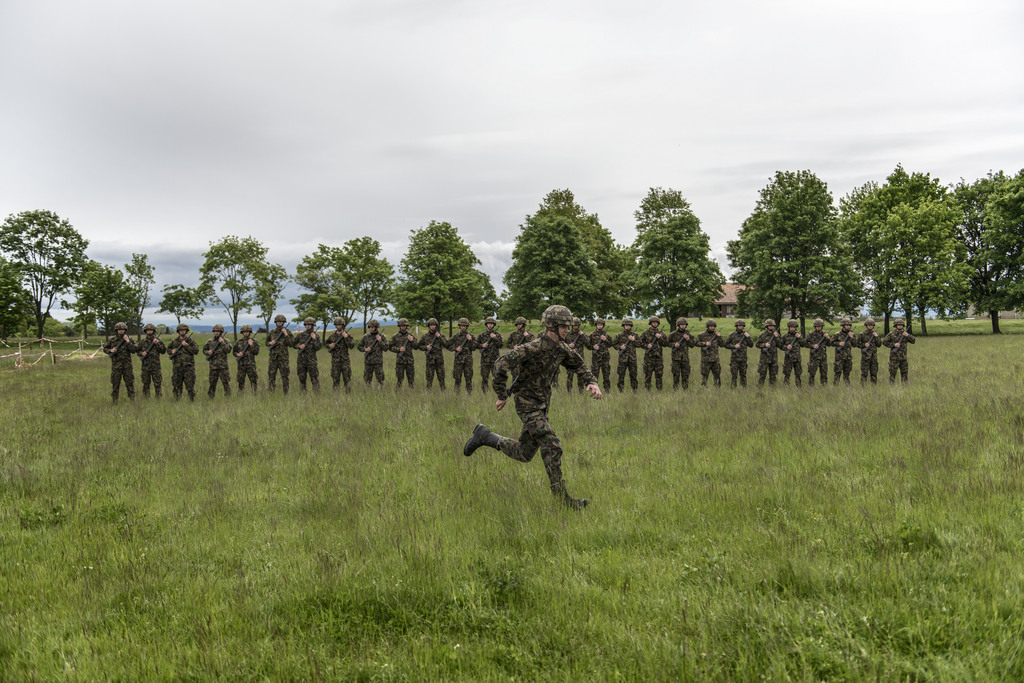
A proposal to abolish conscription in Switzerland seems to be heading for defeat at the ballot box next month. Votes on relaxing shop opening hours at petrol stations and a reform of vaccination campaigns will be close, according to an opinion poll.
Ahead of the nationwide ballot on September 22, a clear majority of people – 57 per cent – said they would reject an initiative by the Switzerland without an Army group. About one in three respondents came out in favour of the pacifists. (For details see graphic)
Political scientist Claude Longchamp of the leading GfS Bern research and polling institute said the issue typically pits the political left against a centrist and rightwing majority, as well as the younger generation against older citizens.
“This is hardly surprising and is the norm for ballots on the army, which represents a traditional value of Switzerland,” he said.
Two similar ballots over the past 25 years garnered less than 40 per cent of yes-votes.
However, his colleague Martina Imfeld added that it was unusual that almost two-thirds of the respondents had made up their mind seven weeks ahead of the vote.
The researchers found that women are still undecided and that opponents of the initiative appear to have more striking arguments.
However, proponents of an abolition, who argue conscription is outdated, seem to be unable to convince citizens.
“It will be an easy job for Defence Minister Ueli Maurer,” said Longchamp.
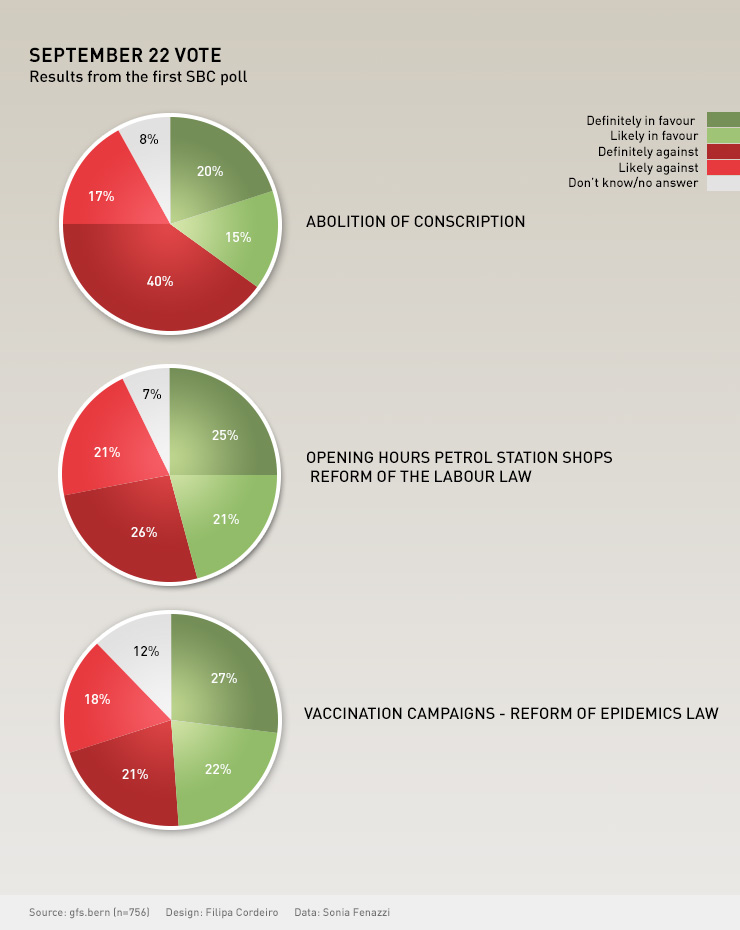
More
Results of the first gfs.bern/SBC opinion poll
Close result
Meanwhile, a tight race is expected over a decision to liberalise night-time shopping at certain petrol stations. Trade unions fear protection for employees is slowly disappearing, while a majority in parliament argued the current restrictive shopping regulations were absurd.
Just over 20 shops at service stations on motorways are currently allowed to stay open 24 hours a day, but their product range is limited to certain goods.
“Both sides have good arguments. At the moment it is a stalemate and it will be decisive whether supporters or opponents run the better campaign over the next few weeks,” said Longchamp.
He said that high-income voters in urban centres, mainly in the majority German-speaking part, are more favourable, while opposition prevails in the French-speaking part of the country.
In particular, voters without a clear party affiliation might make the difference as most parties – conservative or left-leaning – are divided, he added. Church groups, which in the past have opposed moves to liberalise Sunday shopping, are still to enter the fray this time round.
The pollsters interviewed 1,209 Swiss citizens from across the country for the first of two nationwide surveys ahead of the September 22 vote.
Swiss expatriates are not included in the poll.
The telephone interviews took place between August 5 to August 9.
The margin of error is 2.9%.
The survey was commissioned by the Swiss Broadcasting Corporation, swissinfo’s parent company, and carried out by the leading GfS Bern research and polling institute.
Online campaign
The third issue to come to a vote next month is a reform of the epidemics law, granting the federal authorities a greater say in vaccination campaigns, thereby curbing the autonomy of the 26 cantons.
The poll, commissioned by the Swiss Broadcasting Corporation, gave supporters of the reform a ten-point lead.
But the researchers were surprised that the broad coalition of opponents from the right and the left of the political spectrum, including critics of globalisation, are apparently backed by nearly 40 per cent of citizens.
“If the conservatives are gaining ground opponents of the reform will be able to narrow the gap with supporters,” declared Longchamp.
He also highlighted the role of online campaigning at the early stage of the decision-making process.
He said it was noticeable particularly for the votes on vaccinations and partly also for the conscription ballot.
“Online communication is less costly compared with more conventional campaign tools. It is also geared towards a younger generation,” he added.
Turnout is expected to be average, around 43 per cent, on September 22.
Voters decide on three separate issues:
An initiative calling for the abolition of conscription and the creation of a professional army instead.
A plan by parliament to extend opening hours of certain shops on motorways and main traffic roads, doing away with restrictions in the labour law.
A proposal approved by parliament to give the federal authorities a greater say on vaccination campaigns.
It is the third set of nationwide ballots this year.
At the same time, elections and votes on a variety of issues take place at cantonal and local level.

In compliance with the JTI standards
More: SWI swissinfo.ch certified by the Journalism Trust Initiative

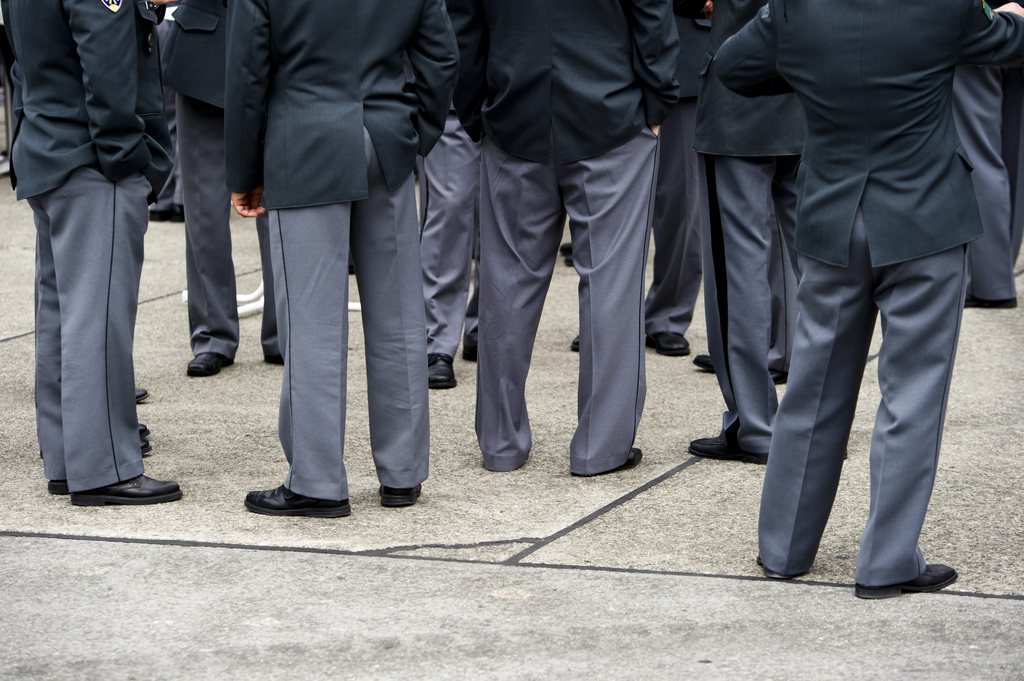
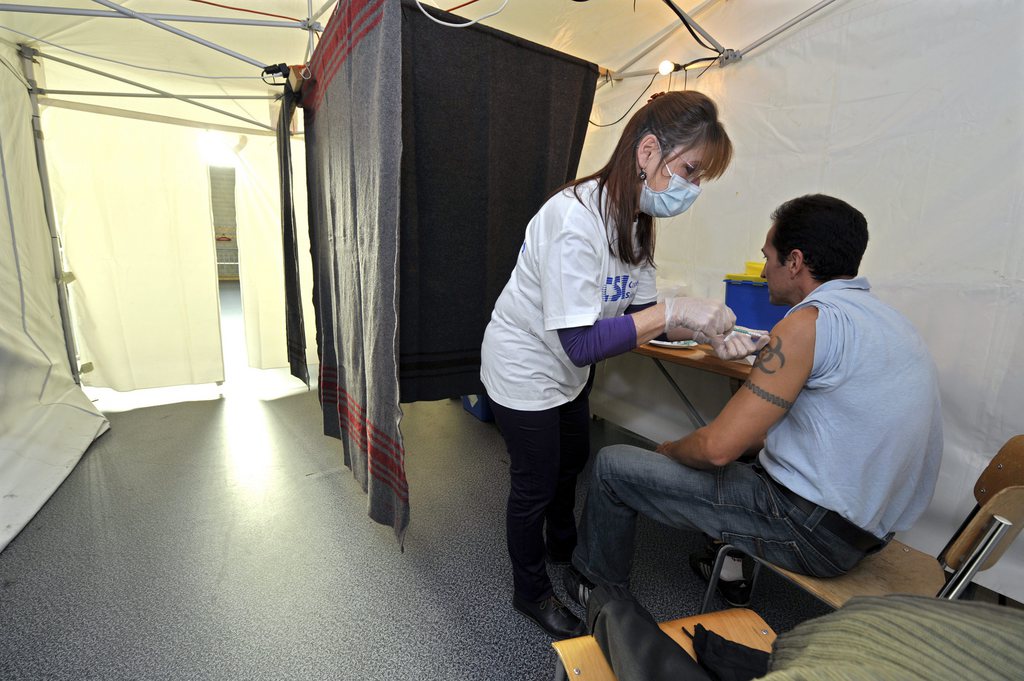
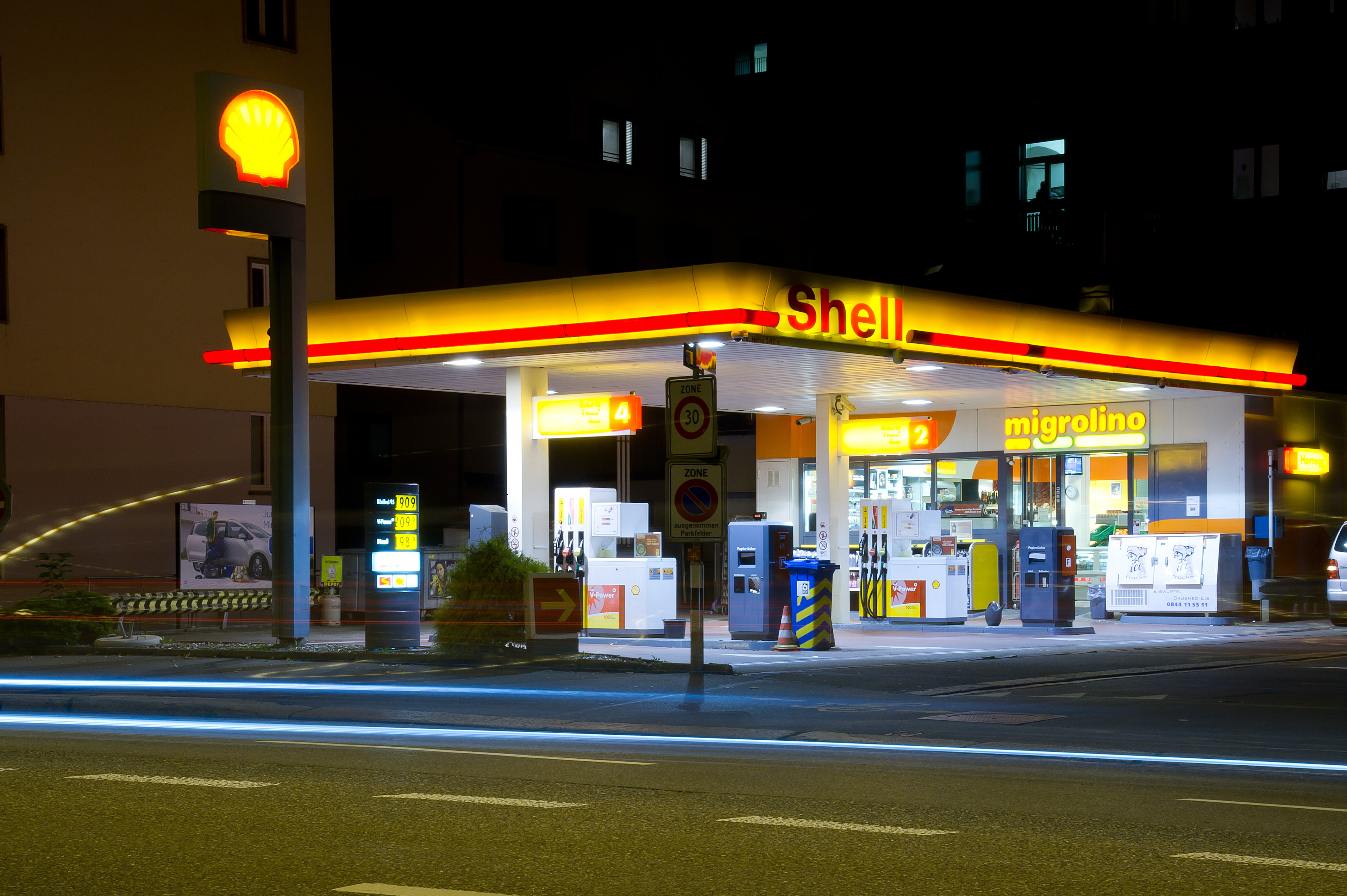
You can find an overview of ongoing debates with our journalists here . Please join us!
If you want to start a conversation about a topic raised in this article or want to report factual errors, email us at english@swissinfo.ch.